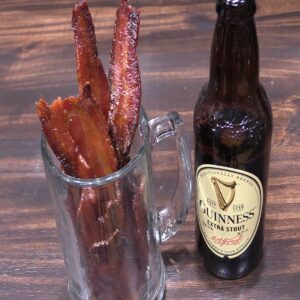It's Not About Getting Tipsy, It's About Flavor and Science. We've talked before about the fact that alcohol doesn't completely cook out of food. This article has moved to our other website: days Well Spent https://dayswellspent.com/the-science-behind-cooking-with-alcohol/


Leave a Reply